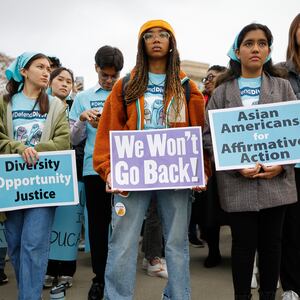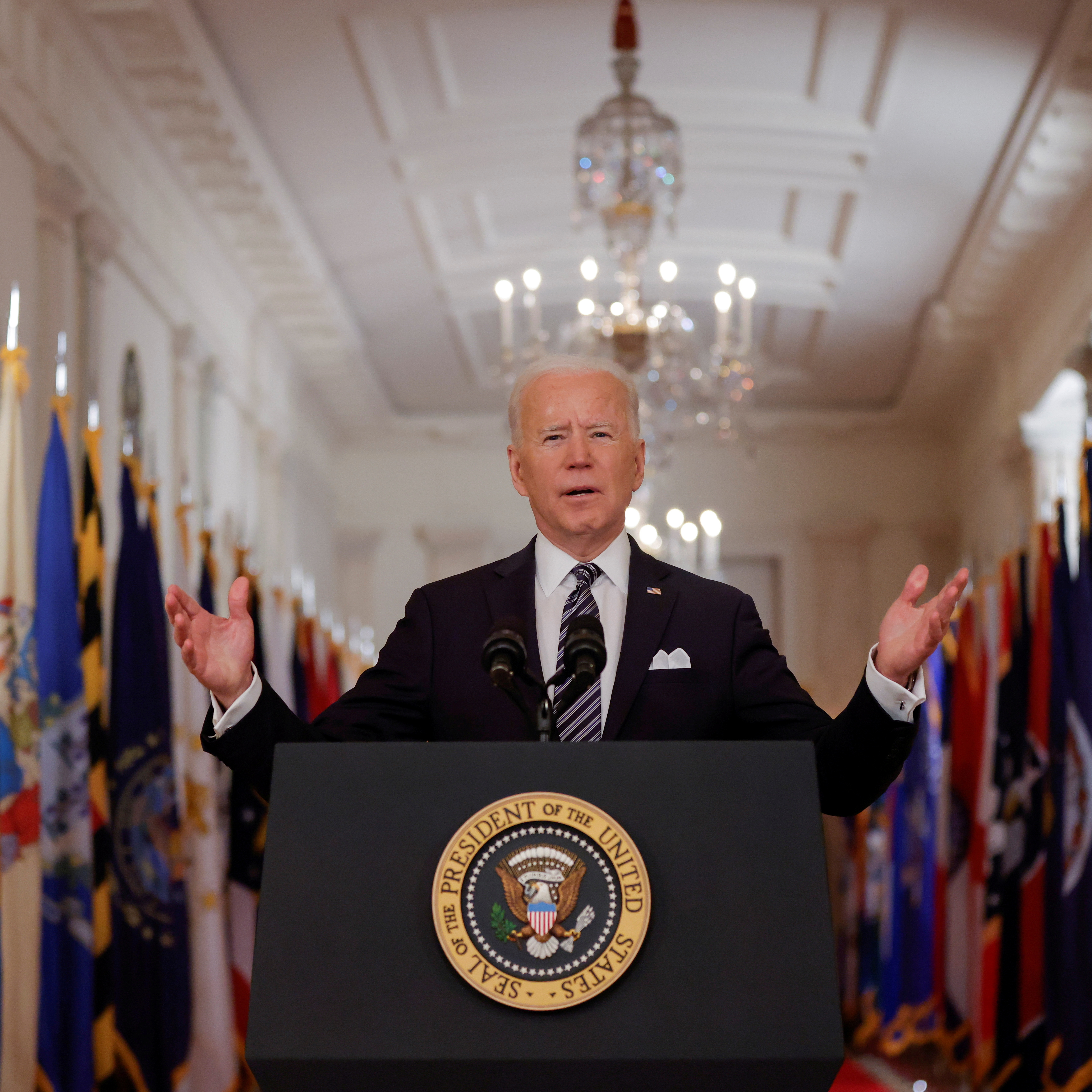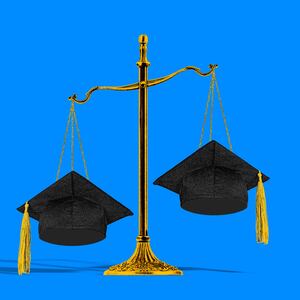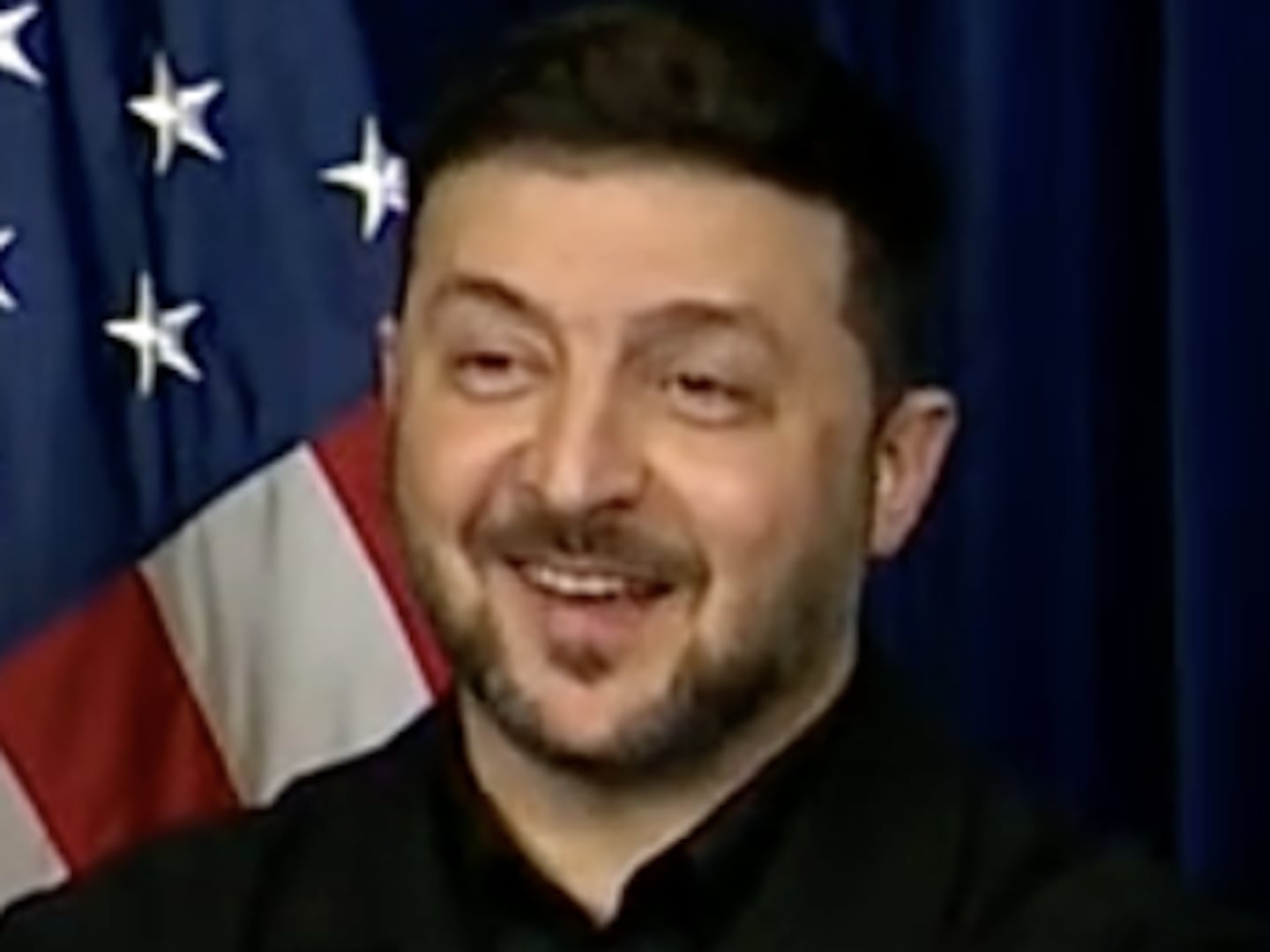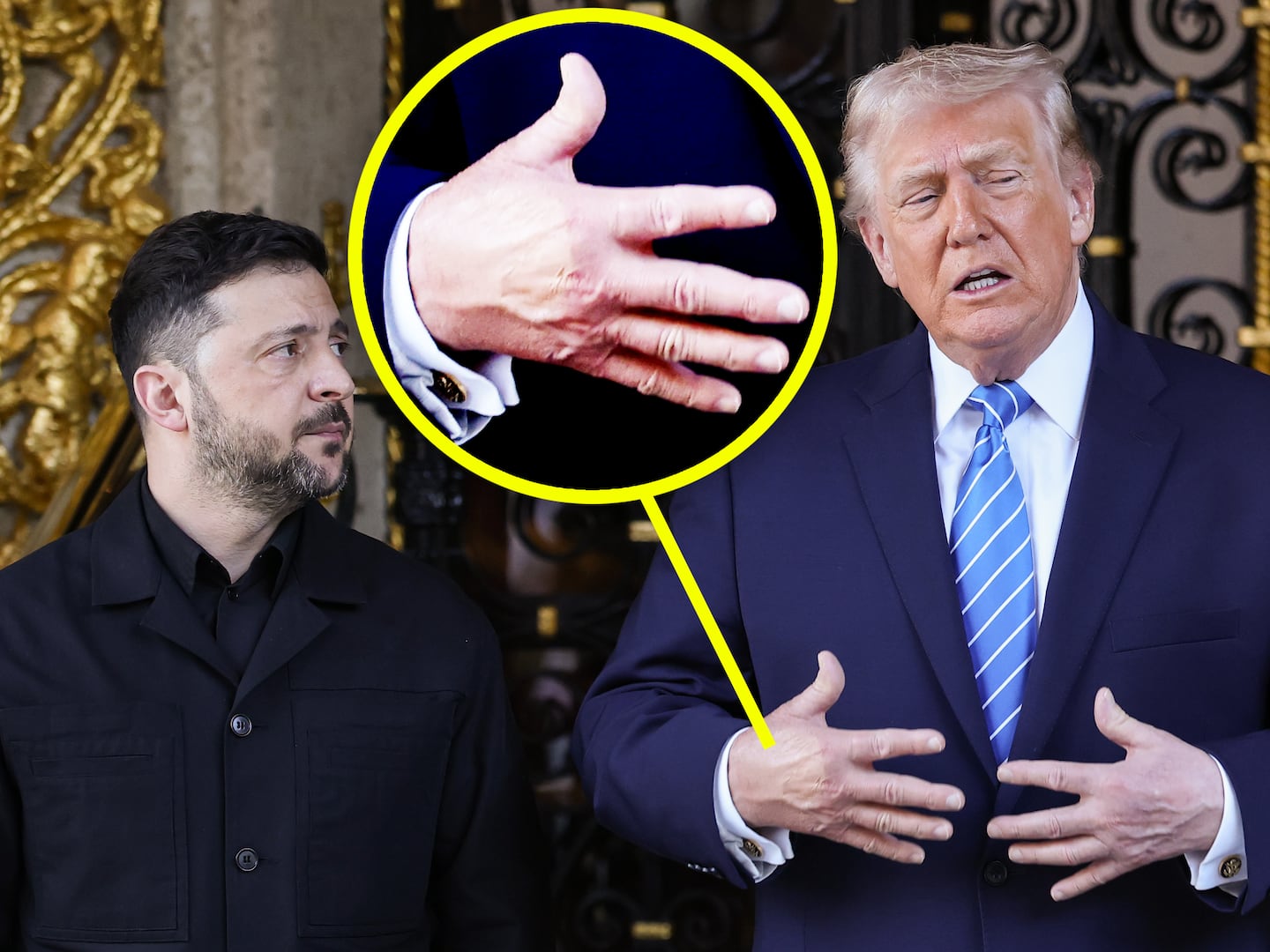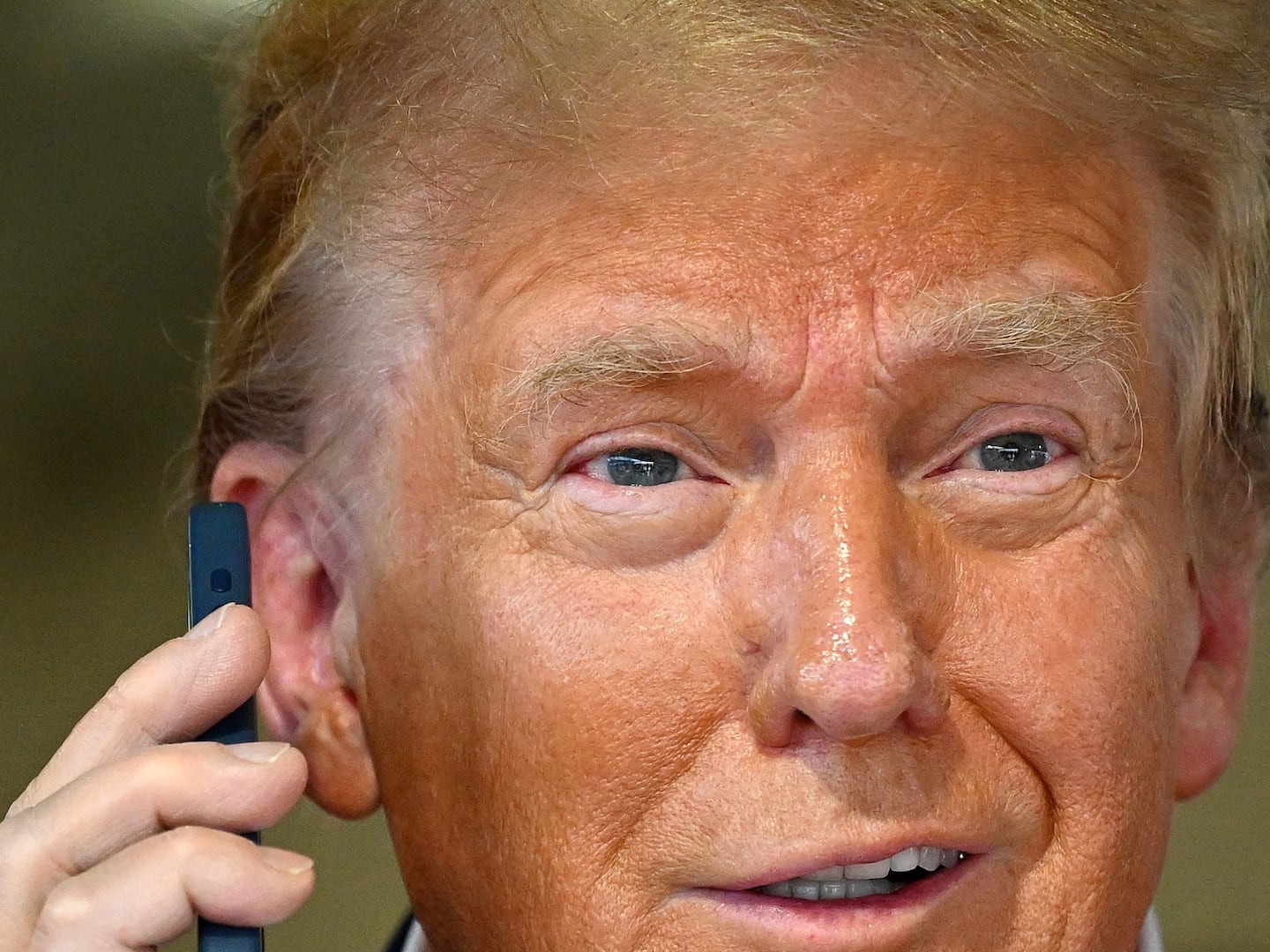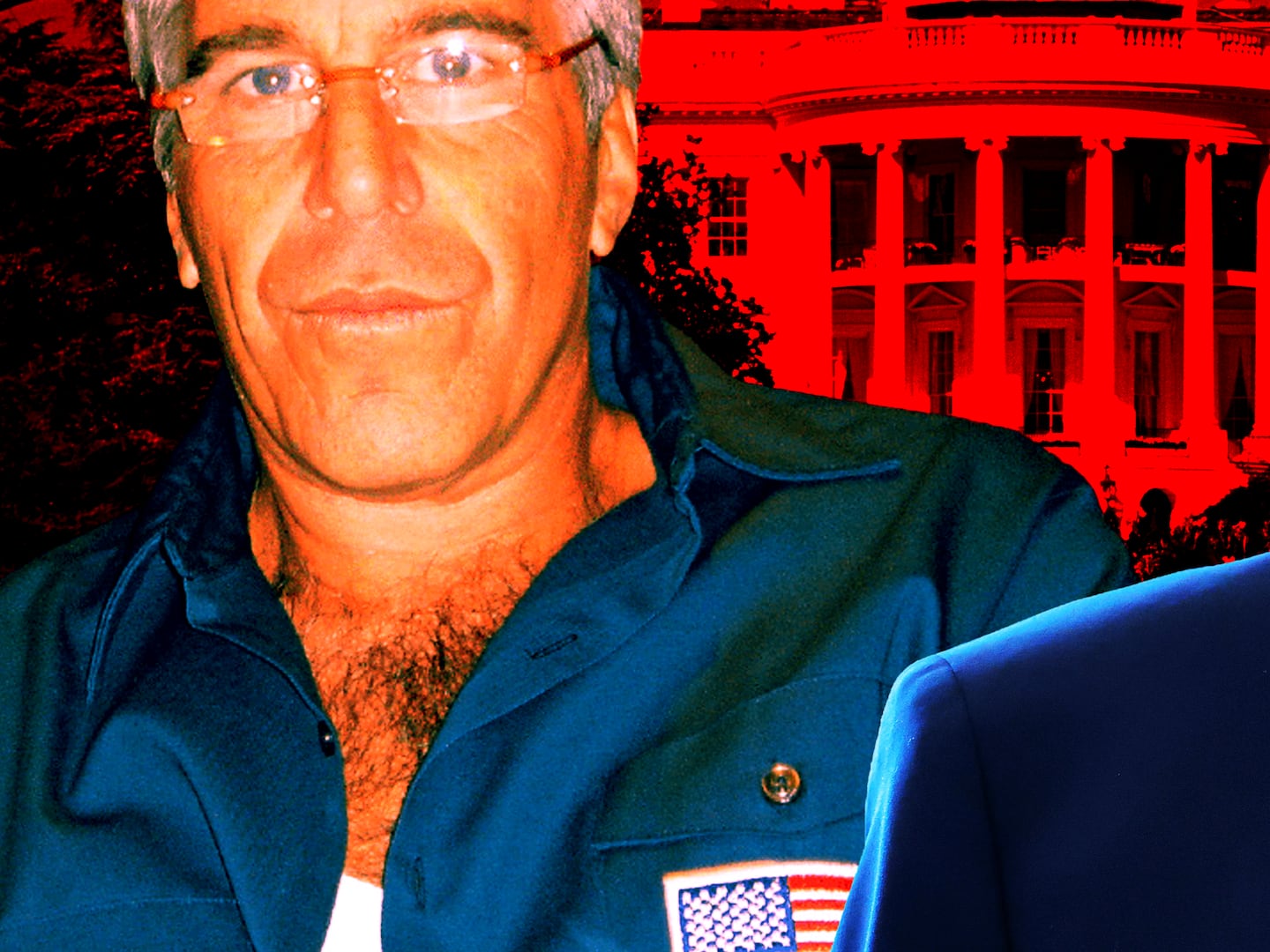Purdue University Northwest Chancellor Thomas Keon’s racist mockery of Asian language at the university’s commencement ceremony can’t be whitewashed by an apology and rhetoric about “cancel culture.”
Keon’s decision to unleash a racist trope at a moment of celebration for students and their families—including Asian students and their families—makes it plain that he is unfit to lead an educational institution, and the milquetoast response of the PNW Board of Trustees makes it plain that they don’t get it.
The Purdue Northwest faculty and staff get it. They overwhelmingly voted no-confidence in Keon’s leadership, as did the faculty senate, and the PNW chapter of the American University Association of University Professors called for his resignation.
After the Trustees issued a toothless “letter of formal reprimand,” the chair of the faculty senate wrote an open letter saying that “[Keon’s] mere presence is an affront to the Asian community” and students have circulated petitions calling for Keon’s resignation.
What accounts for this disconnect between the PNW’s leadership—Chancellor Keon and the Trustees—and the university community?
Institutionalized racism.
It’s baked into Keon’s choice of an all-white senior leadership team, the snickers on stage at his racist antics, and the spectacle of Keon saying he is directing an “interdisciplinary” Inclusion, Diversity, and Equity team “to understand and address issues of importance to the Asian Pacific Islander community at PNW.”
It doesn’t take a team—interdisciplinary or otherwise—to understand that ridiculing any non-English language as gibberish is racist.
The ridicule is key here. This wasn’t a moment of anger where Keon called someone a racist or sexist name because he’d lost his temper or felt threatened. Quite the opposite. It was a moment where Keon stood at the apex of his white male power as the chancellor of a major university speaking at commencement. He was relaxed and confident enough to engage in some unplanned improvisation, sharing with the world what he finds funny. His confidence in his sense of humor is the same confidence Donald Trump displayed when he called COVID-19 the “kung-flu” and mocked the accent of Asian world leaders.
When you ridicule a race of people you dehumanize and devalue their worth as individuals. Notice how Keon lumped his mockery into “Asian”—thus revealing his view that all people from an incredible diversity of races, cultures, and countries can all be conflated into one stereotype. It’s that devaluing that allows the perpetration of hateful speech and violence. As most of us know, anti-Asian hate and anti-Asian crimes skyrocketed during the Trump years, including multiple incidents of elderly Asians being beaten and even killed, as well as the Atlanta mass murders of Asian women. This coincided with a rise in online anti-Asian hatred.
And this didn’t stop with the Trump era.
A recent review of TikTok found the widespread use of racist “Asian sounds” with users saying “Asian sounding words by speaking gibberish” and using sounds like this to portray “people of Asian descent as irrational or overly emotional, reducing an entire racial group to a mere caricature.”
Sound familiar?
Those who think Chancellor Keon is a victim of so-called “cancel culture” and call for more “tolerance” also don’t get the idea that “cancel culture” is mostly a term adopted by the right to protect racist and hateful views that were until recently normalized. As one conservative commentator put it: “We don’t object to ‘cancel culture,’ we object to the cancellation of certain acts, ideas and sensibilities that were recently uncontroversial.”
And Keon’s pretend Asian language is the latest incarnation of the racist trope that drew roars of laughter in the classic 1961 movie Breakfast at Tiffany’s—where Mickey Rooney (in yellow-face complete with fake buck-teeth) gives a racist performance for the ages. As linguistics professor John McWhorter points out in a New York Times opinion piece, Rooney’s scenes make the film “unwatchable in spots today” yet McWhorter still advocates against “mobbish attempts” to get Keon fired.
By associating cancel culture with mob behavior, or dictatorial attempts at thought control, critics of cancel culture use lofty ideals like “freedom of speech” to conceal and distract from the promotion of hatred—that historically has resulted in actual mob violence like lynchings.
This sleight of hand allows them to deflect attention from the baked-in racism and prejudice in our history and institutions to the new straw man target of “cancel culture.” A far better understanding of cancel culture is articulated by the poet and communications strategist Camonghne Felix, who, when speaking about pop stars facing criticism, recognizes that “cancellation isn’t personal but a way for marginalized communities to publicly assert their value systems through pop culture.”
What’s needed at PNW is new leadership—both at the chancellor level as well as at the Board of Trustees level. An institution whose leaders think that racist mockery is acceptable should not be in charge of educating young minds. Let’s cancel institutional racism.


